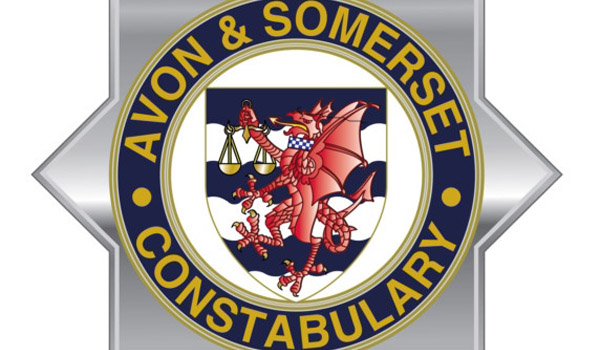Welfare must be paramount consideration after mental health custody death
Forces should only restrain people suffering mental health crises as a last resort, an investigation has found.
Forces should only restrain people suffering mental health crises as a last resort, an investigation has found. The Independent Police Complaints Commission (IPCC) believes a different approach to restraint could have prevented the 2010 death of James Herbert at Yeovil police station. A report published on Thursday (September 21) called for national training on de-escalation and containment tactics to help keep everyone involved in detentions safe. Avon and Somerset Constabulary welcomed the findings and said changes have already been made. IPCC Deputy Chair Rachel Cerfontyne said lessons can be learnt from the case that will reduce the chances of other people dying in similar circumstances. The welfare and safety of all those involved in an incident where someone is suffering from mental illness need to become the paramount consideration for police officers, she said. While it is reassuring to see the significant changes Avon and Somerset Constabulary has made in its response to mental health issues in the last four years, such changes are not universal. Mr Herbert, 25, was detained under the Mental Health Act in 2010 after officers were called to reports of him running in and out of traffic. Despite not being aggressive up to this point, a police constable chose to restrain him to prevent him running back into the road. Mr Herbert then began struggling, so his handcuffs were reapplied and he was placed in leg restraints. On arrival at Yeovil police station he was stripped naked and placed on the floor of a cell where he was left under observation. Shortly afterwards his breathing became shallow and an ambulance was called but Mr Herbert became unresponsive. He was pronounced dead in hospital having suffered cardiorespiratory arrest. The IPCC found an acting inspector had a case to answer for gross misconduct but he was cleared at an inquest earlier this month. Another four officers were accused of gross misconduct, but two have since died and one has retired. A police community support officer was given management action. In response to the case, investigators recommended that forces prioritise the welfare of everyone involved in a section 136 detention. The IPCC recognised this sounds simple and obvious but said it will require a significant culture change for many officers whose standard response is to control the situation as quickly as possible. While this may decrease the risk to bystanders, it can also aggravate the situation and put the detainee in more danger. To help enforce this change Ms Cerfontyne suggests training officers to refer to people with mental health issues as patients rather than prisoners. She also proposed teaching them to use verbal de-escalation as the default response, and to contain people rather than restraining them where possible. In Mr Herberts case, she claimed this could have involved using more officers to prevent him running in the road and to stop nearby traffic. The report also recommended developing clear processes for recording and sharing information about people with mental health problems, and ensuring protocols are in place to support officers in the discharge of their duties. The College of Policing is reviewing the recommendations and is working with the national mental health lead to improve the services response. Inspector Michael Brown, college lead for mental health, said: Todays report challenges the police service to think differently about how we respond to incidents involving people in mental health crisis. We want to ensure that all frontline officers have the information and knowledge needed to support the decisions they make, often in very difficult and complex circumstances. However, this can only be achieved by all of the agencies and public services involved in this area working closer together to provide help for the most vulnerable people in society. Sue Mountstevens, police and crime commissioner for Avon and Somerset, said her thoughts were with Mr


